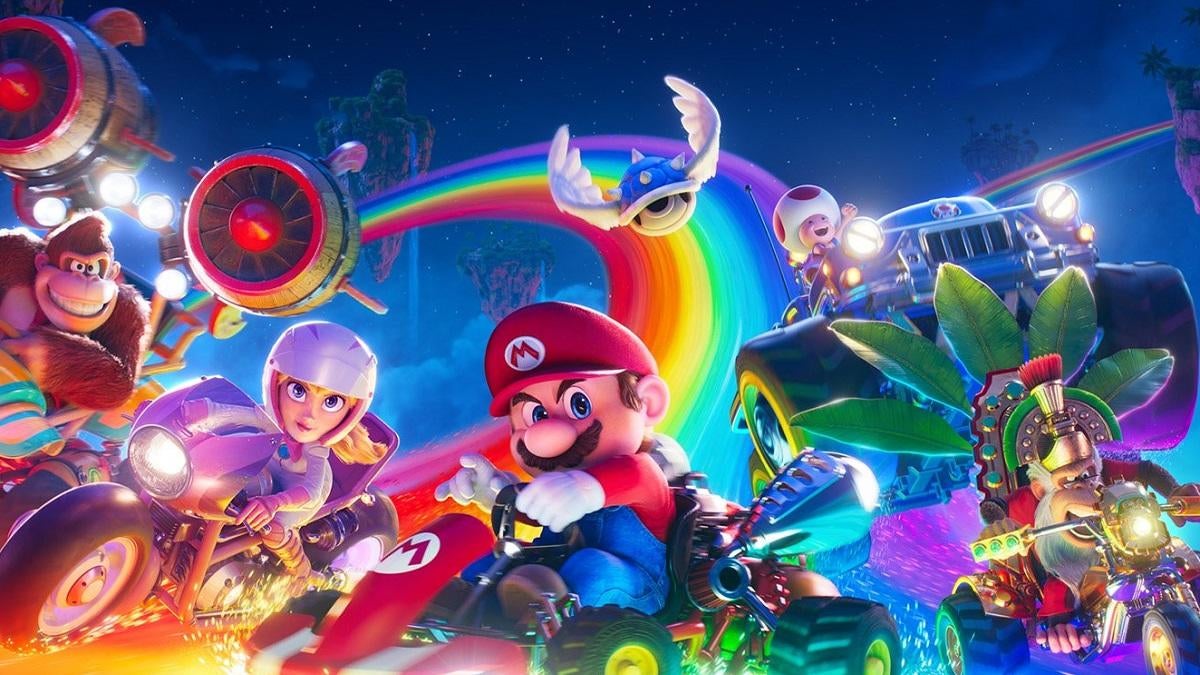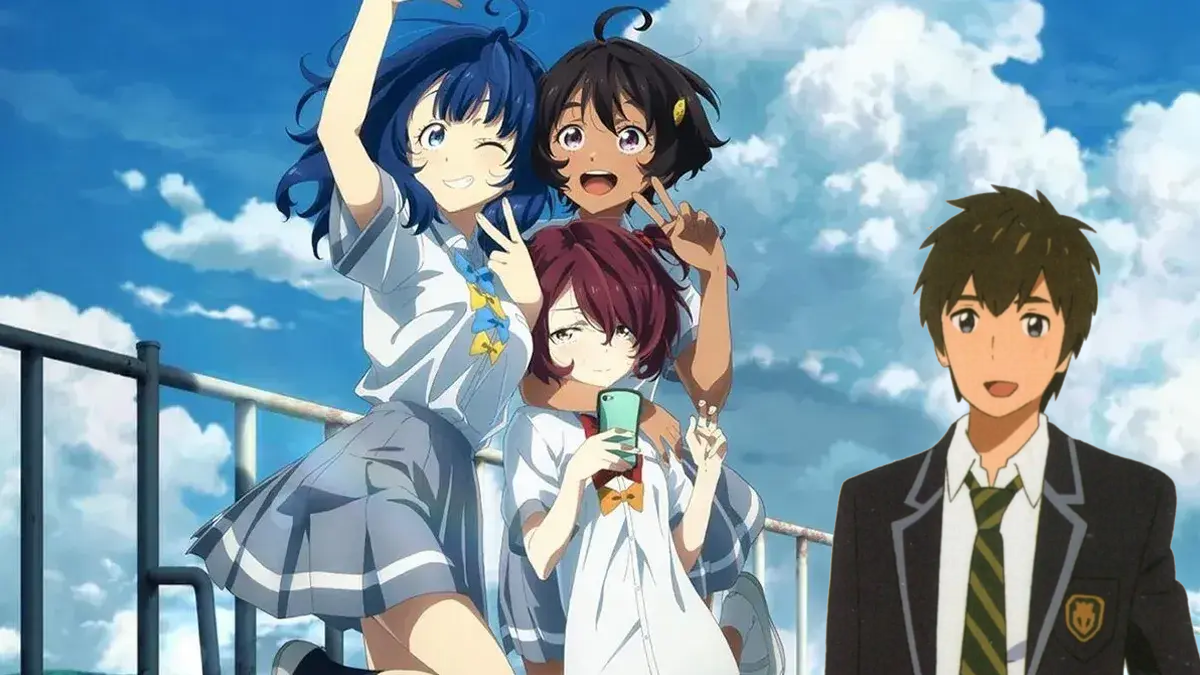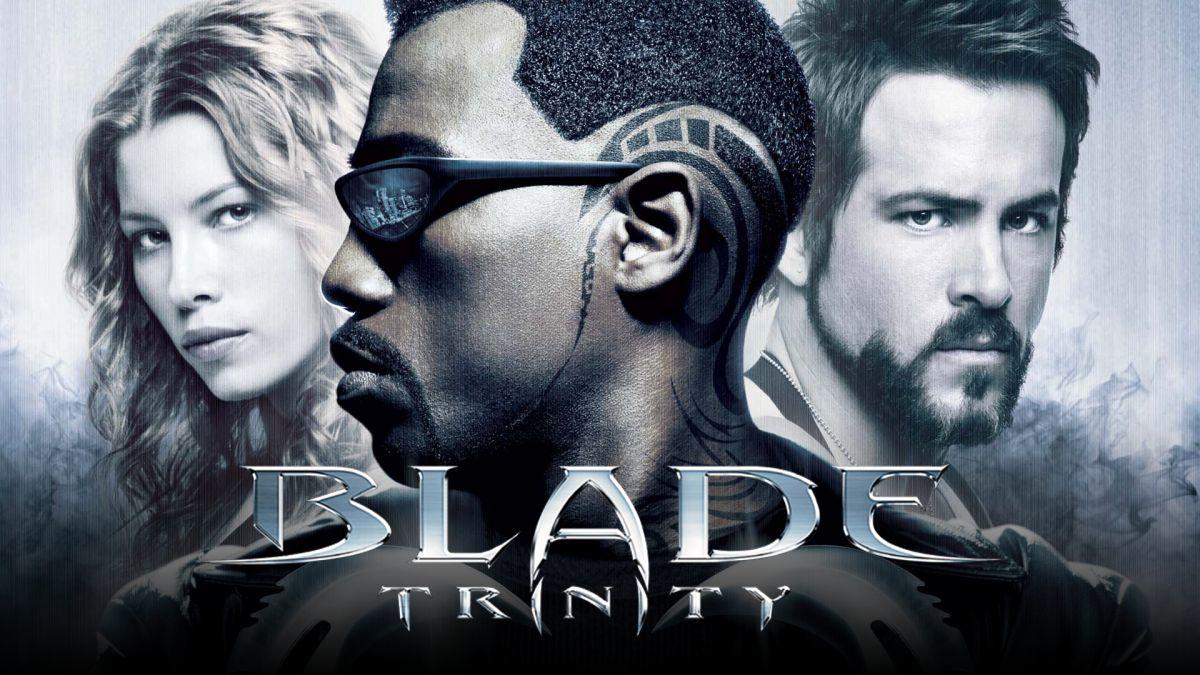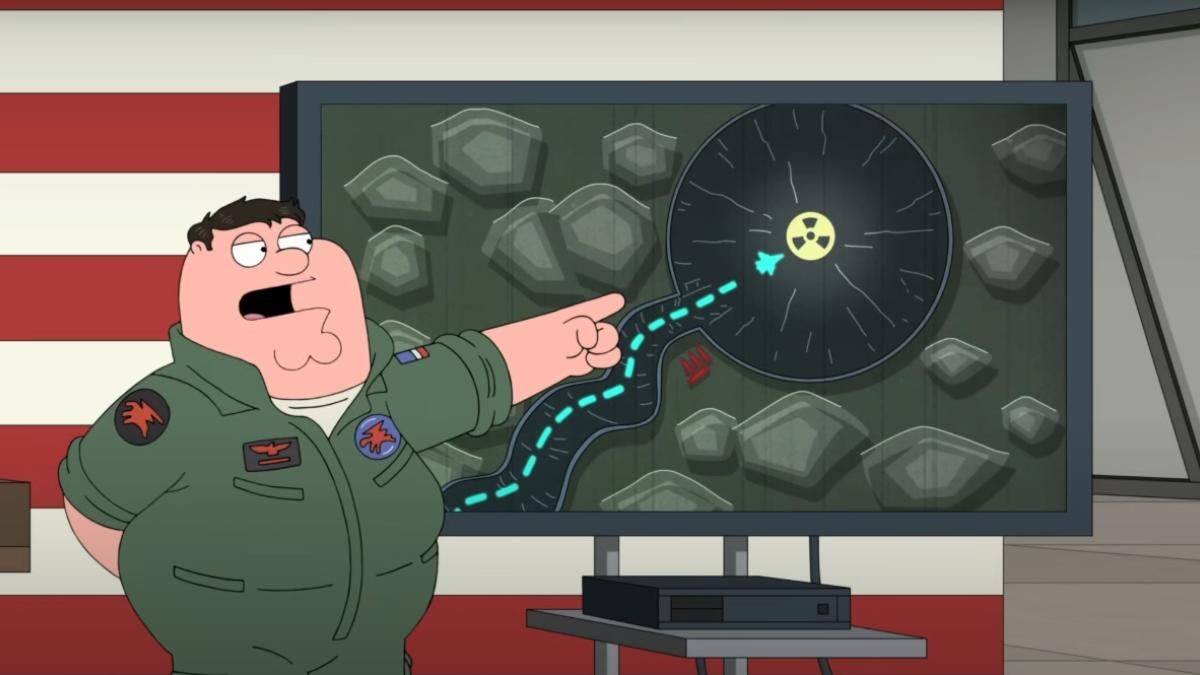Captain America: Civil War Writers Uncut Interview
This weekend, Captain America: Civil War blasted into theaters.The Marvel Cinematic Universe came [...]
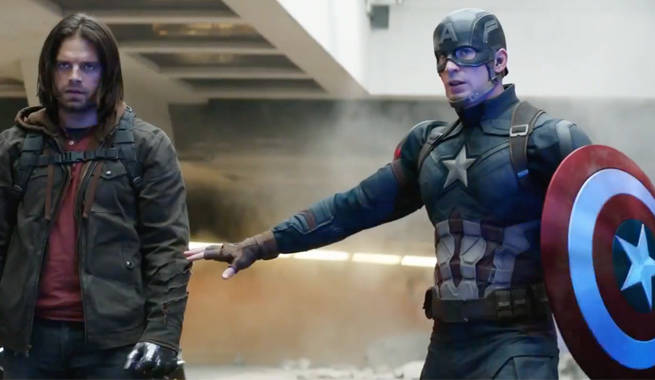
This weekend, Captain America: Civil War blasted into theaters.
The Marvel Cinematic Universe came to an explosive head as Captain America and Iron Man rallied teams of heroes to take on one another in a battle no one was ready to lose.
Prior to the film's release, ComicBook.com sat down with Civil War's writers Christopher Markus and Stephen McFeely to talk all about the film, its characters, and the future of the Marvel Cinematic Universe. Be warned, the below interview contains major spoilers for Captain America: Civil War. Read at your own risk!
-----
CB: Captain America: Civil War followed the comics just enough to satisfy a lot of fans. How much of that source material did you try to insert and how much did you want to keep new and alter for the movie?
SM: We did the same thing with Winter Soldier. If you went into Winter Soldier thinking you were getting an exact Brubaker, Red Skull, cosmic cube, and then the Russian's head, you weren't gonna get that but you were gonna get a lot of the character stuff out of it. Same thing here. We have to honor the thirteen movies and in that universe we're not necessarily honoring the 200 characters on the splash page universe.
CM: We're also, as everyone knows since this was announced, there are virtually no secret identities in the MCU so we can't do the whole unmasking plot. We don't have 200 super heroes to have a fight with so this has to come from a character issue as opposed to this, "We want to take off your mask" thing.
SM: The movies have provided it for us. We looked at all the third acts and went, "Oh, maybe we should talk about that." They keep raining shit down on top of all these cities, that probably will have some sort of effect on people's opinion of them.
CM: And then, the characters were headed organically toward conflict. More so than in the comics, which as fun as Civil War is, Tony seems a little like he had a personality transplants at a couple points to keep the plot going. This Tony, it's organically exactly where he would be.
CB: There was that tiny little airport battle in Captain America: Civil War. Now, do you goes decide how those fights play out as writers or is that more of a production thing?
SM: We are integral to it but we are not the only ones.
CM: We do the first version of it which is mainly shots in the dark about effects and things like that. It's mainly deciding what characters need to interact and who has the biggest issues and where that should come. Some people have relatively comic friction. Natasha and Clint have beat each other up several times before but there are some people who have very serious issues together, so, you want to pace them and place them so that the thing has a shape that it's getting more serious as it goes on until it becomes as grim as possible and we break Rhodie's back.
SM: For example, that was always... We went through hundreds of iterations from the script level to a visual effects level. From jump street: Giant Man, Rhodie goes down, Vision is the one that sends him there, that's what stops it enough for [Bucky and Captain America] to get away. Always the same but many things changed around that. We do our best early and we keep coming back and writing versions of that but every time we come back and write a version of it, we have more material, so somebody from visual effects has come up with a gag and, "Oh, we've gotta use that." Or, you get Spider-Man, and you go, "Well, I guess Spider-Man and Cap need three minutes."
CB: Speaking of Spider-Man, you guys wrote him into this film as an established hero. When you guys were writing him in, did you have in mind the standalone Spider-Man movie?
CM: Not really. We knew there would be one but we knew we wanted to dispense with any kind of origin and just have him already exist. The big consensus when he appeared was that he should be as young as we could possibly get him.
SM: Yes, that's right. To the point where it's almost irresponsible for Tony to bring him in. This kid is 15.
CM: Which was nice because not only do we have this fun new character that everybody loves but it's also a symptom of what's wrong with Tony. He's not taking everything into account.
CB: How did Tony know about Spider-Man?
CM: I think he's been keeping tabs. I think he might know about everybody.
SM: I'd say that's the only buy there. We always left a recruitment section. Everybody has an arc but some are really big and some are small. The recruitment section allowed you to bring people in for the big fight and call it Civil War but not require that they have 18 beats of an arc. We knew we were gonna go get Spider-Man, we knew we were gonna get Ant-Man, but they have smaller arcs.
CM: Tony has A.I. somewhere running crime statistics. He can see where it's going up and heroes might be needed and where it's going down and there might be heroes. It's why he built Ultron in the first place.
CB: The Russos have said there was never a version of the script that didn't include Spider-Man. I'm wondering if you guys ever considered including the other New York heroes we've only seen on Netflix, so far.
CM: When we were writing this, there weren't any Netflix characters. Daredevil came out right before we started shooting. So, frankly, no because we can't juggle that.
SM: We had as many characters as we could handle in the movie. You could tell - it works but it's close. It's busting at the seams. If you had two more people who you had to give four beats to and give them an organic little arc, now you're at three hours. You're taxing my patience.
CB: Spoiler-free, I know you can't say too much about it but with Infinity War coming up and so many characters set to appear, what can you tease about what you guys are doing on those films?
SM: Working hard and, every second we're here, we're not writing that movie. It's fun. It's a big swing. It's very aggressive and everybody is available to be in it if you didn't die.
CM: It's everything you want plus a lot of stuff you will not be expecting.
SM: I guess we can say, part of the reason why Civil War ends like it does, which isn't happy, friendly, family, is because we wanted the Avengers shattered before this challenge came their way.
CM: We put them on the worst footing possible.
SM: Part of solving the problem is getting back with each other and we like to see that.
CB: Speaking of the end, Civil War didn't kill any super heroes. What was the reasoning for the decision there?
SM: Hey, we never told anyone someone was going to die!
CM: There is a corporate decision of, "We want that guy fighting in that movie, so you can't kill him." But, also, it would wrap up this conflict that we wanted to stay messy and keep it going so that everyone is still a little sick to their stomach about this conflict that they have not concluded.
SM: I see this all the time, like, "In order to shake it up they've gotta kill somebody!" Well, the challenge is, I think we shook it up plenty and there are ways to take big swings and move the ball down the field without just murdering half the cast. That's not the only way you can change the universe.
CM: Plus, comic book movies in general - but Marvel in particular - is accused of none of the deaths last. So, even if you put a death in, people are gonna go, "[Grumbling sounds]." So, it's like, why bother to do it? You can have more impact not killing somebody than you can killing people at this point. We'll kill them if they need to die.
SM: We're not afraid!
CB: Is there going to be death in Infinity War?
SM: No comment!

